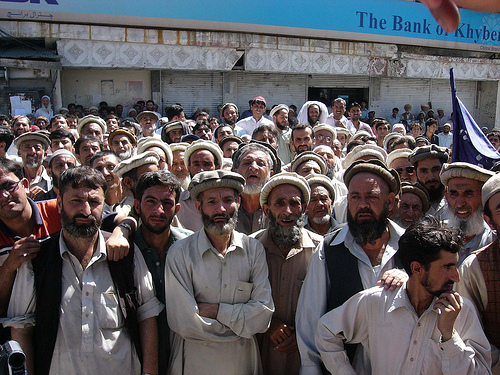 FRIDE (the Fundación para las Relaciones Internacionales y el Diálogo Exterior) is a European think tank for global action, which provides innovative thinking and rigorous analysis of key debates in international relations. Its mission is to inform policy and practice in order to ensure that the EU plays a more effective role in supporting multilateralism, democratic values, security and sustainable development.
FRIDE (the Fundación para las Relaciones Internacionales y el Diálogo Exterior) is a European think tank for global action, which provides innovative thinking and rigorous analysis of key debates in international relations. Its mission is to inform policy and practice in order to ensure that the EU plays a more effective role in supporting multilateralism, democratic values, security and sustainable development.
FRIDE benefits from political independence and the diversity of views and intellectual background of its international team. Based in the vibrant city of Madrid, FRIDE seeks to enhance the southern European perspective within EU debates and the European perspective within Spain.
Its main contribution to international debates stems from its empirical research on:
• The development and promotion of democracy
• The increasing role of emerging powers
• The role of international development cooperation in advancing universal values
• Global governance and multilateralism
• The complexity of threats to peace and security
• Fragile states and energy security




